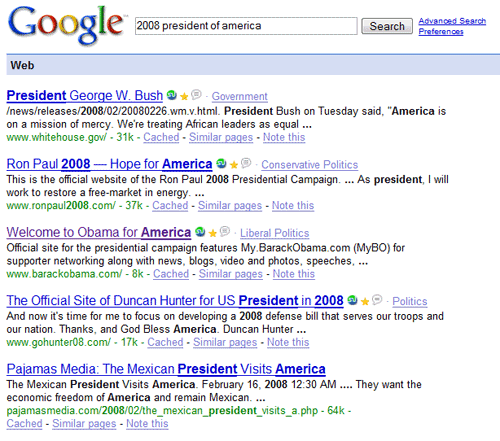
If you ask any webmaster which search engine’s rankings he/she is most concerned about, the answer undoubtedly will be Google. This god of the SERPs accounts for more than 60% of searches. If you ask the small business owner about his experience with Google, he’ll tell you the big brands always win out. How can the little guy compete or the new guys ever get caught up when the rules always shake out for the big brands? Webmasters have no choice but to attempt to appeal to Google, at least not until an alternative search engine comes along and takes a big chunk of that search percentage away from the giant.
What if Google were to disappear tomorrow? Would users look towards Bing or jump on the upcoming Facebook search? While Google claims its updates are intended to improve relevancy, one thing seems to be pretty clear: all the losers are left with no option except to pay for CPC ads. Google exercises god-like decisions, impacting millions of websites, completely controlling their behavior, and increasing revenue in the process. Like the IRS, they’ve found a way to get a piece of everyone’s profits. They are inescapable unless you have a steady stream of income from offline sources.
Where Could Social Search Take Us?
Could social search be the answer to freedom from bowing to the search engine’s whims? A Facebook search makes sense, doesn’t it? Instead of algorithms determining whether content is good or bad, people would. Only people can read, interpret and make a human decision about whether the content is useful. Google Plus still has a long way to go before it extends past the SEO industry. While many have created their Google Plus accounts, far few less are actively engaged in it on a daily basis than Facebook users. Google still hasn’t given users a reason to leave Facebook, but given the engine’s track record, one could expect we’ll be forced in that direction.
When it comes to sharing content, that is the direction we seem to be going in. The big wigs in the SEO industry are predicting that shared content will probably rank higher when linked to the author’s Google account: an article on another website links to the Google Plus profile and the profile links to the author bio and article on the site in question. While I applaud Google for finding a way to make content creators accountable for quality content, ultimately the big brands are the ones who will have the money to pay a team of qualified writers on an ongoing basis to ensure their content rises above their competitor’s content.
Who Will Change Search?
Many a peeved webmaster has switched over to Bing in protestation, but he still cannot change the fact that most of his website visitors will come from Google. What will the determining factor be that redistributes the larger share of search results? Will it be Facebook or will the government step in?
Theresa Happe works with NameFind.com, a free online tool for discovering business domain names and available social handles to go with them.









Comments